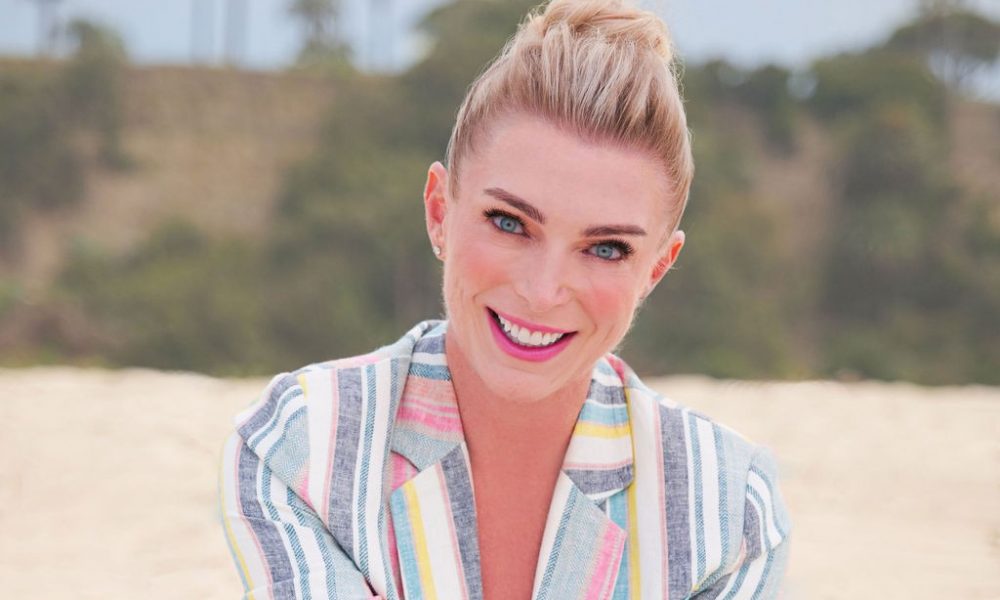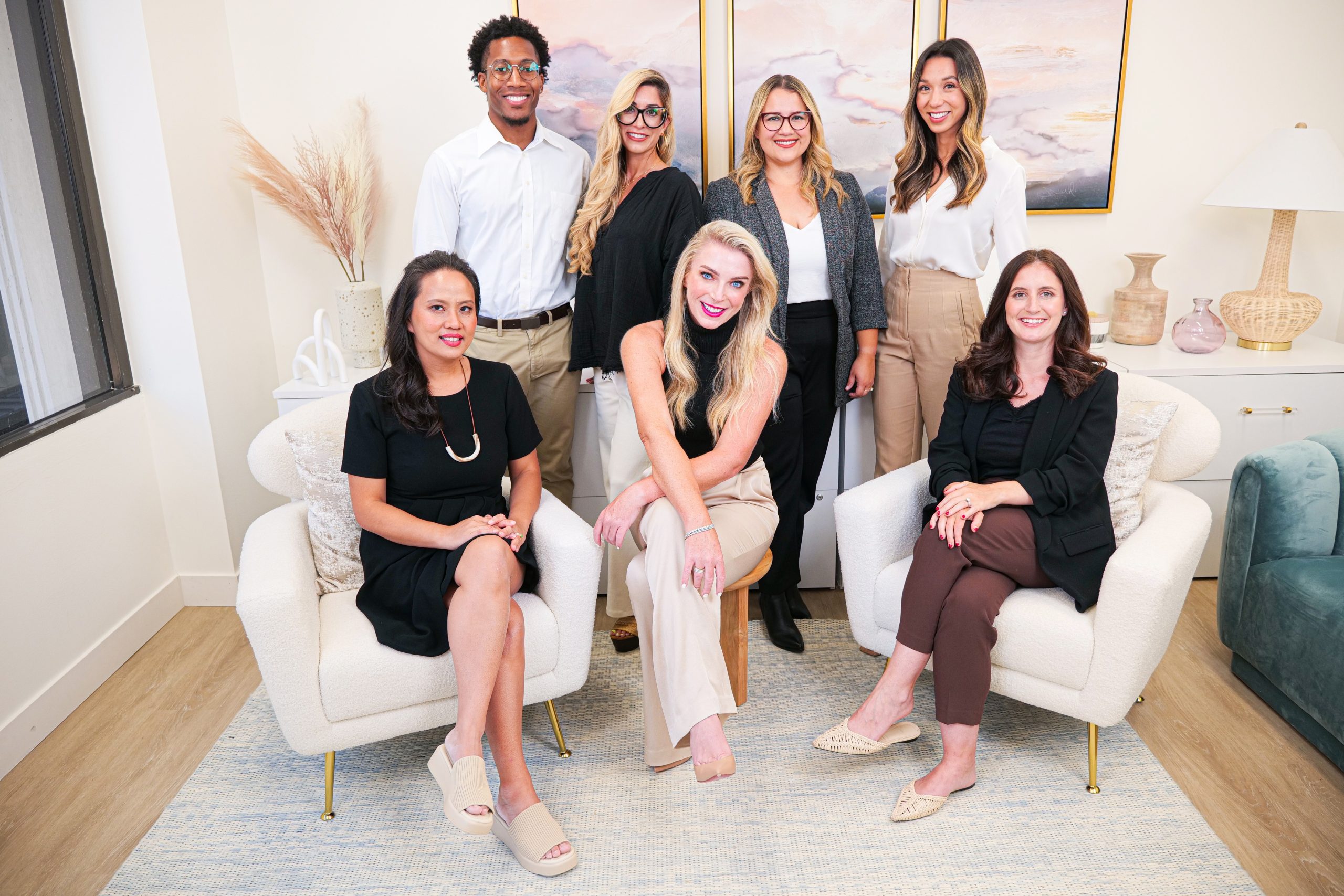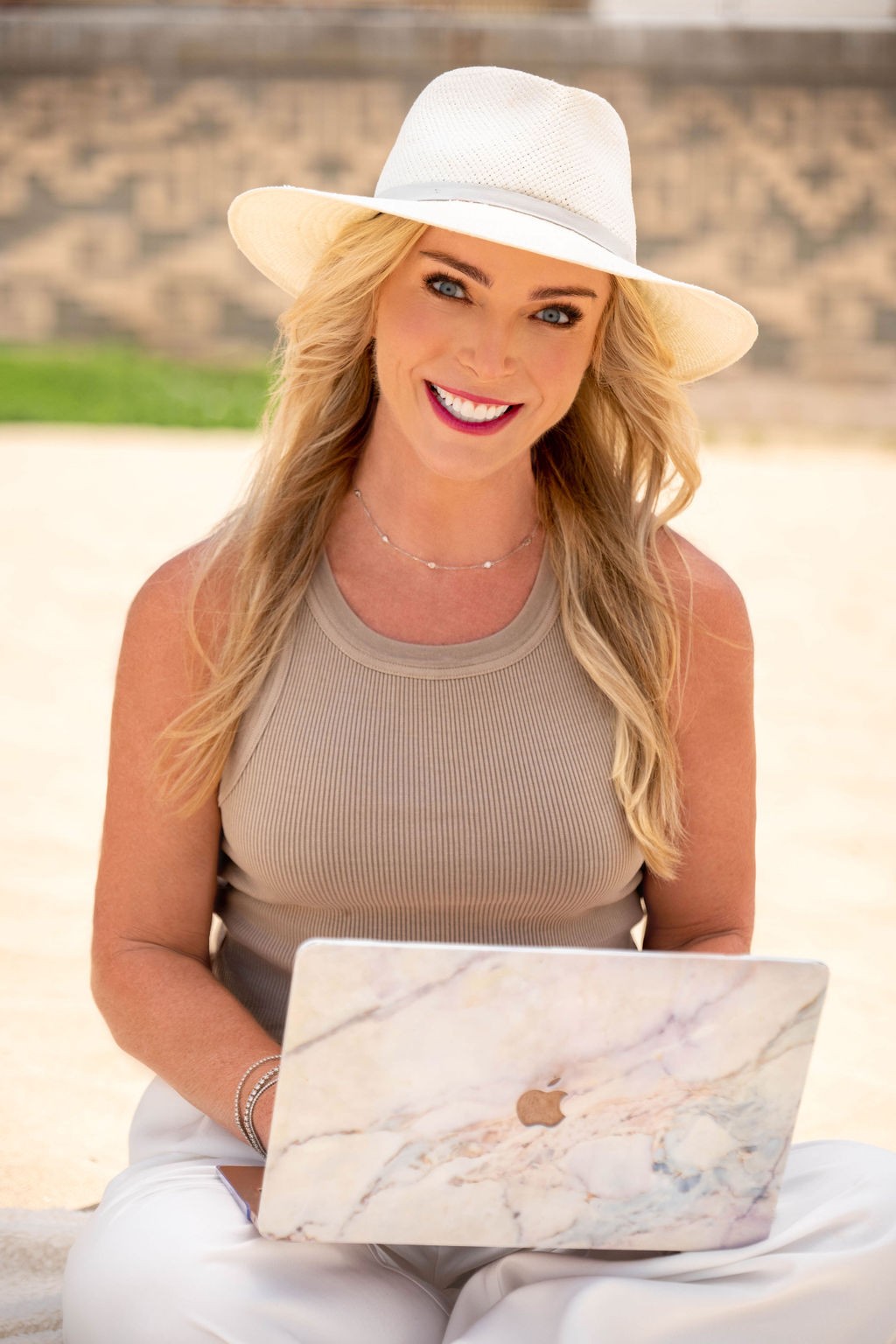

Today we’d like to introduce you to Dr. Alissa Ellis.
Hi Dr. Ellis, thanks for sharing your story with us. To start, maybe you can tell our readers some of your backstory.
I started as a competitive swimmer at age 3 in my hometown of Indianapolis, Indiana, and continued on to swim at the University of Southern California. During my time as a swimmer, you learn to chase goals, strive for improvements, and build grit. Unfortunately, it can also reinforce black-and-white or rigid thinking styles like win/lose, achieve/fail, and always feeling like you can do better. I’m beyond grateful for my life as a competitive swimmer, but I also realized that I was more susceptible to some of these unhelpful thinking patterns than my peers or family members. When I became severely depressed in my 10th grade year of high school, I learned firsthand how pervasive and debilitating our thoughts can become when we are vulnerable to a mental illness such as depression. It was in that time that I realized that I wanted to dedicate my career to helping people “never be depressed.” My young, naive mind was ambitious, to say the least! (again, “never” is very black and white, and an example of how my mind worked, right?)
I attended the University of Southern California, where I was pre-med and a psychology major. I intended to go on to become a psychiatrist but as I embarked on that journey, I realized that my curiosity for *what* is depression and its causes, *how* some people are more susceptible to depression than others, and *why* depression is like a virus that keeps coming back…especially in your most stressed times! (like a cold sore, really!). These questions intrigued me so much that I knew I needed a career that not only involved helping people directly but also involved independent research to examine these questions. Following graduation, I attended the University of Texas at Austin, where I pursued a PhD in Clinical Psychology with an emphasis in Neuropsychology. The latter just means that my training focused more on understanding how the brain is involved in our cognitive processes and behaviors. I was an avid researcher, publishing numerous papers on emotion regulation and cognitive biases in depression. I went on for an internship (like residency, but for a PhD) at UCLA, where I stayed for a dual postdoctoral fellowship in Neuropsychology and child and adolescent mood disorders. I stayed on faculty when I received a young investigator grant from the NIMH.
At this point, I have fully boarded the research train and committed to a career in academia. Something, however, was missing. I felt driven to try to make more of a direct impact in people’s lives. I wanted to be hands-on in alleviate suffering from mental illness such as depression and anxiety–so I started a private practice in my “spare time”! Initially, it was just me. Then, I began to help other academics/researchers expand their clinical experiences from coming onto my team. This team became Ellis Effect Psychological Group, Inc. We are scientist-practitioners (nerdy researchers who also see patients!) who specialize in mood, anxiety, obsessive-compulsive, and attention disorders. We use empirically back treatments to see measurable results.
Another major aspect of what I do involves executive functioning. Executive functions are the brain processes that help us to work toward and achieve our goals including processes like time management, planning, organization, task initiation, etc. Executive functioning weaknesses are ubiquitous among those who have psychological disorders., particularly ADHD. Unfortunately, however, there were not a lot of researched-supported interventions out there for teens–so I created one! The program is called thinkSMART®, and it teaches parents and their teens how to use strategies to help with weaknesses in these areas. The program is run at UCLA and has research-backed results for teens with and without ADHD (including depression, anxiety, and OCD). At Ellis Effect, we also use the program to work 1:1 with individual clients looking for coaching in this area.
Alright, so let’s dig a little deeper into the story – has it been an easy path overall, and if not, what were the challenges you’ve had to overcome?
Hahahahaha…no, but I feel very blessed. I think there were both practical struggles and emotional struggles. Practically speaking, it took me 10 years of graduate school and postdoctoral fellowship training to finally *start* my career. That’s hard for financial planning, family planning, etc. (and I created a program to help people plan…so I’m obviously a planner). Academia can also be difficult because it relies a great deal on grant funding. Writing grants and hoping that your interest align with the grant-funding organizations priorities can also be challenging. I would also say that graduate school and academia did not teach me how to start, run, or build a business. This was a steep learning curve.
Emotionally, there is some imposter syndrome of “do I really know what I’m doing,” or the perfectionism of wanting everything to work out. It can also be tough to see people not improved for no other reason than their symptoms are treatment-resistant.
Great, so let’s talk business. Can you tell our readers more about what you do and what you think sets you apart from others?
The Ellis Effect is a group of practitioners who specialize in treating mood, anxiety, obsessive-compulsive, and attention disorders in children through adults. We also have a specialist in maternal mental health. The majority of practitioners have a strong research background and stand apart from others in our ability to truly translate new and up-to-date information gleaned from our research into our work with our patients. We offer services spanning from individual therapy and consultation to medication management with our team psychiatrist to group services! We also offer the executive functioning coaching for teens and adults who do not need psychological interventions but could use the strategies and tips we provide to help them function better each day. Our primary therapy orientation is cognitive-behavioral therapy (CBT), but we have experts in exposure and response prevention (ERP) for OCD and have practitioners using DBT, ACT, and mindfulness-based approaches. Our goal is to be the best–to show up for our clients the best, to know and implement the best interventions, and to strive for the best outcomes. We pair our scientific curiosity with warmth, empathy, and a genuinely down-to-earth approach. We use practical strategies to improve people’s lives. We focus on behaviors that can be immediately implemented to enhance growth and change.
So, before we go, how can our readers or others connect or collaborate with you? How can they support you?
I love to give talks/workshops to entrepreneurs or businesses who would like to practically tackle productivity and efficiency in the workplace through easy-to-use strategies and tools. I also give talks to schools, parents, and teens on topics ranging from executive functioning (time management/planning/etc) to anxiety and depression to general parenting help. My team is also willing to give talks to groups to deliver mental health information directly.
People can support me through referrals! Our source of new patients is almost 100% from referrals. These referrals either come from providers in the community who know that we do cognitive-behavior therapy or have experience from other patients about our work. Many of our patients are also referred by previous or current clients, which is always the true testament to good work.
Contact Info:
- Website: elliseffect.com; dralissaellis.com


















